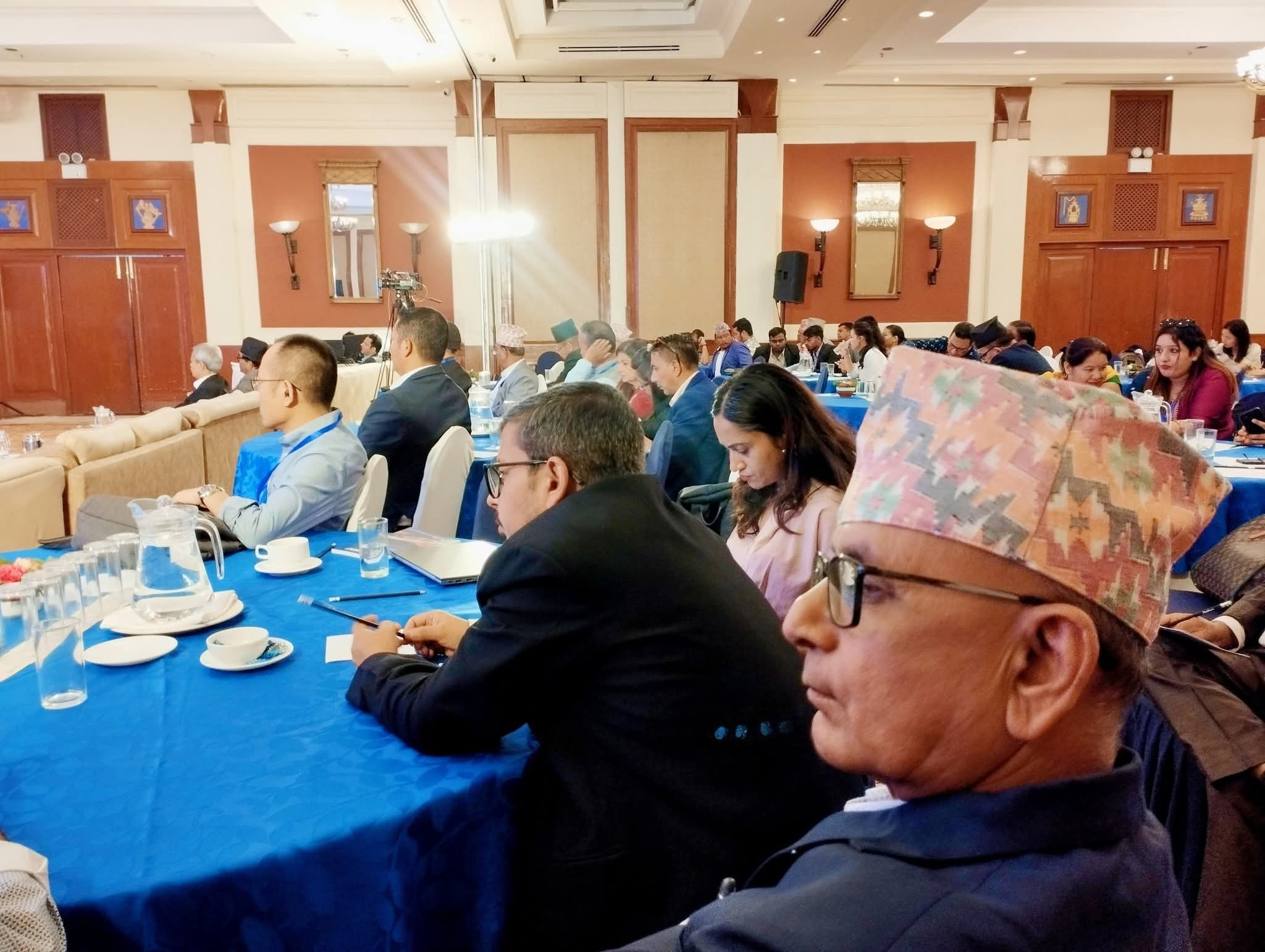Kathmandu, August 26, 2025 - The concept of democratic socialism, first advanced in Nepal by the late leader Bishweshwar Prasad (B.P.) Koirala, continues to influence the country’s political and social debates. While not tied to a single “foundation for peace, development, and socialism,” the principles of social justice, equitable resource distribution, and grassroots participation remain key reference points in Nepal’s democratic journey.
The Nepali Congress (NC), Nepal’s oldest democratic party, officially embraced democratic socialism as a guiding principle. Koirala envisioned a society where economic growth would be balanced with social welfare, ensuring inclusion of marginalized groups. However, political analysts note that despite decades of commitment, the party has struggled to translate this ideology into consistent, tangible policies that significantly reduce inequalities.
Alongside political ideology, various peace and development organizations have played distinct roles. The Peace Development Fund, for instance, is an international grant-making institution that provides financial and technical support to grassroots groups advocating for peace, human rights, social justice, and environmental protection. Unlike political parties, such organizations function as philanthropic institutions, strengthening civic participation and supporting community-led change.
Nepal’s political discourse is further shaped by the influence of communist parties, particularly the Communist Party of Nepal (Maoist Centre), which is advancing what it terms a “Nepalese Road to Socialism in the 21st Century.” The party emphasizes non-violent, legal, and democratic processes for achieving socialist transformation, marking a departure from its earlier history of armed conflict.
In a broader regional context, China’s advocacy of “peaceful development”-focused on cooperation, partnerships, and shared prosperity-has also been closely watched in Nepal, given the country’s geopolitical position between two major powers, China and India.
Adding further to these discussions, the Kastanandap Dialogue Series - II was held in Kathmandu on August 24-25, 2025, under the theme “Connecting Ideas, Shaping Futures.” The event, titled “What the MCC Brings to Nepal: Facts and Lessons,” was organized by the Foundation for Peace, Development & Socialism, with support from the Nepal-China Exchange Forum. The dialogue sought to critically examine the Millennium Challenge Corporation (MCC) compact in Nepal, its socio-political implications, and the broader lessons for peace and development.
As Nepal navigates its socio-political transformation, democratic socialism, peace initiatives, and regional development models-alongside policy debates such as the MCC-remain deeply intertwined in shaping the future of governance, equity, and justice in the country.